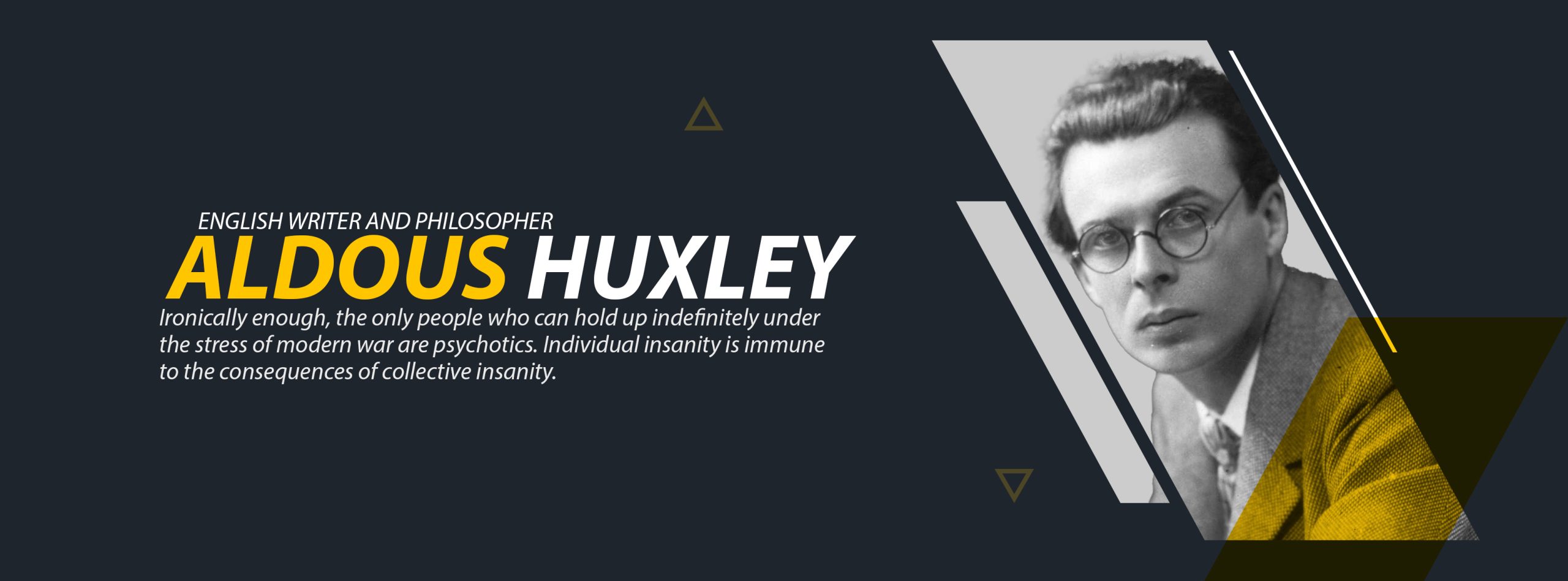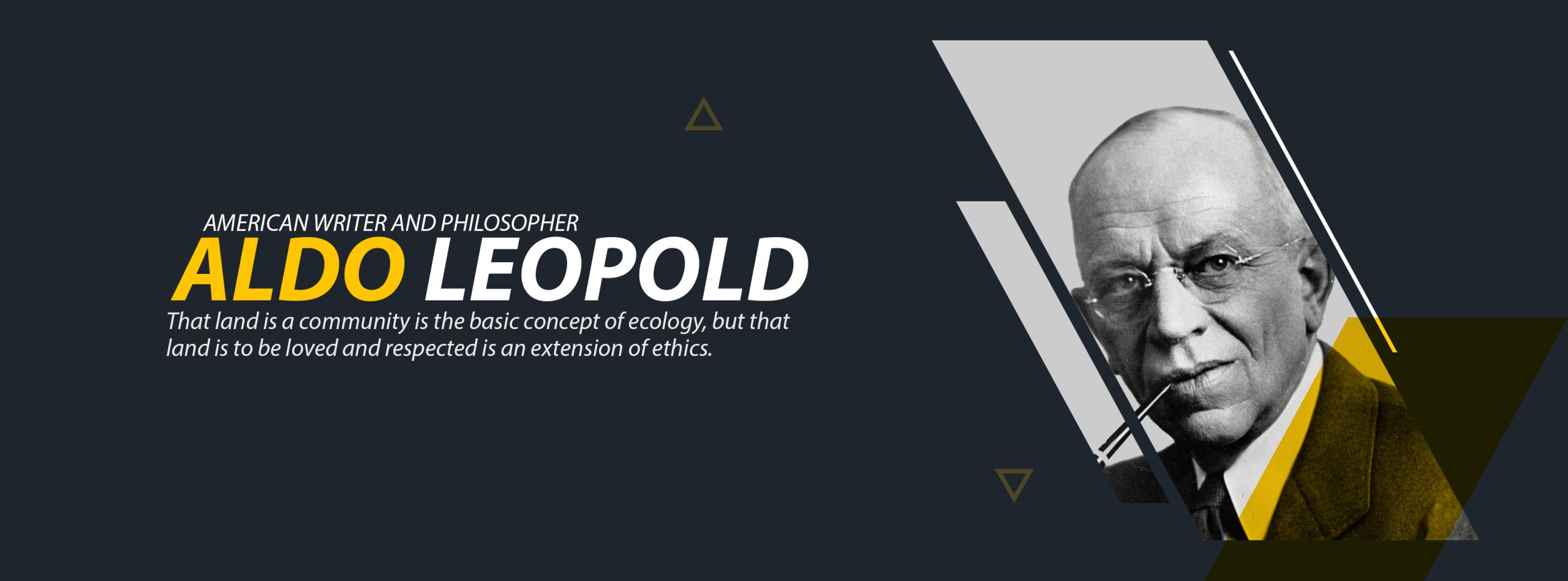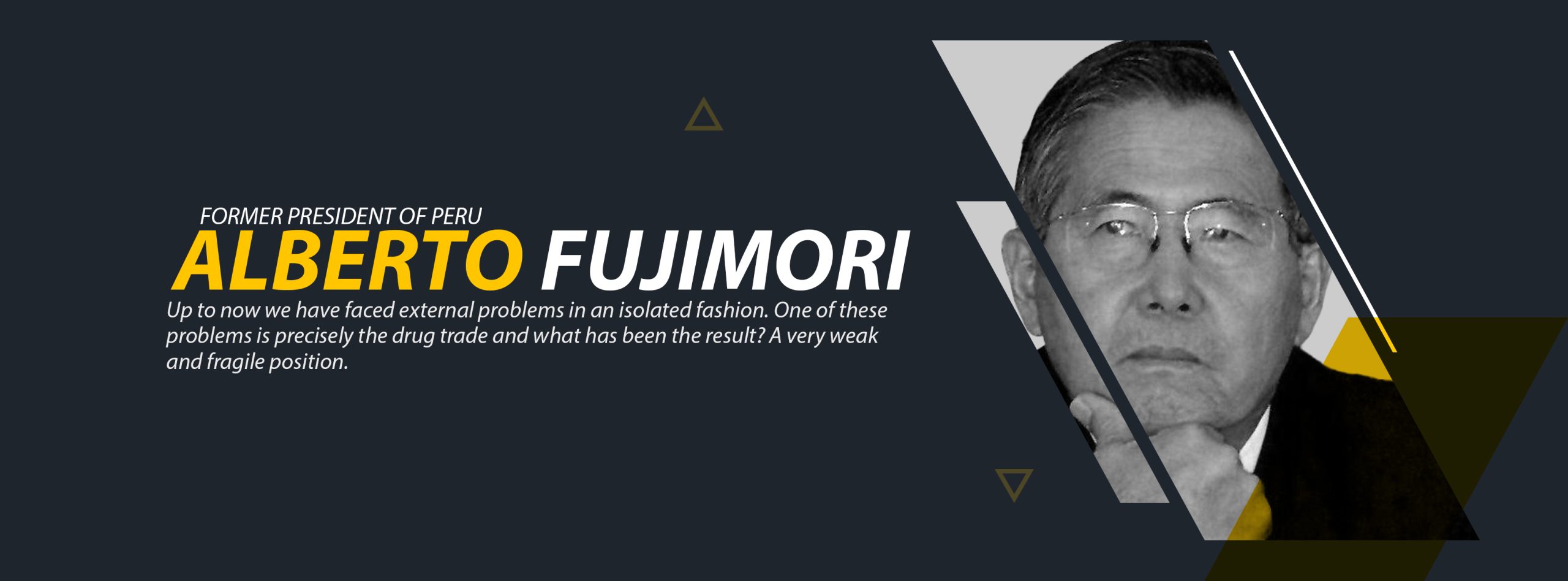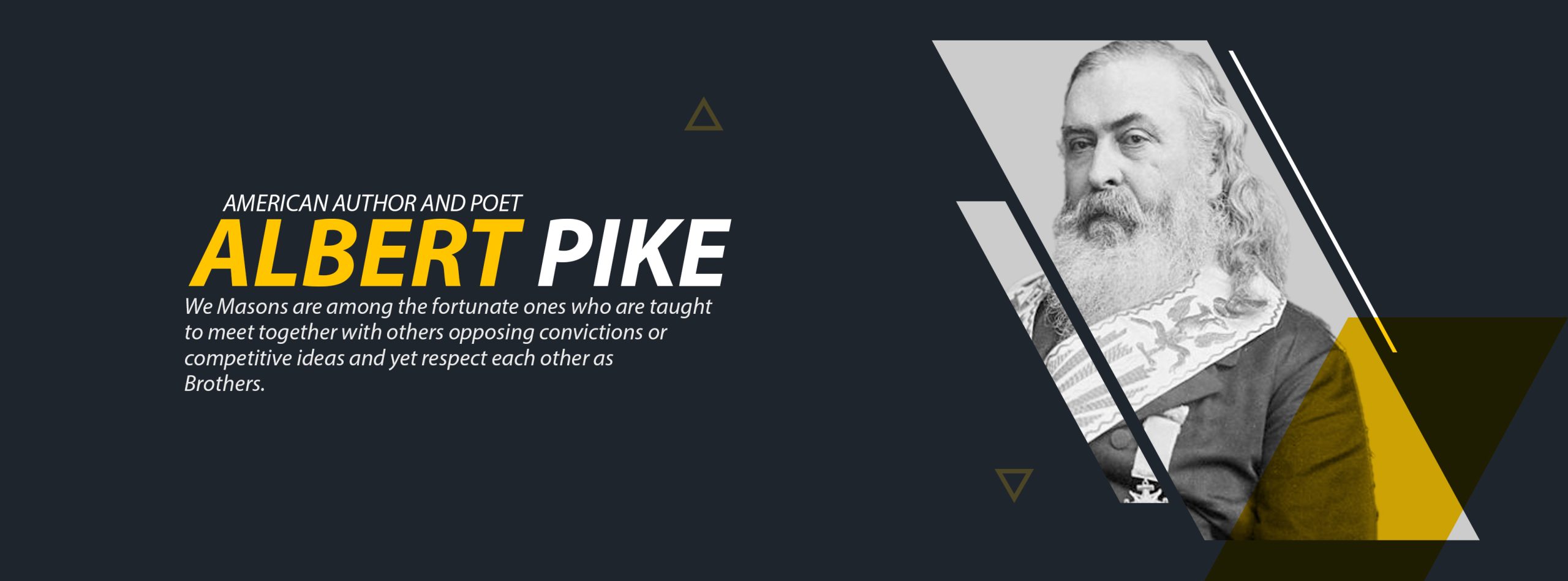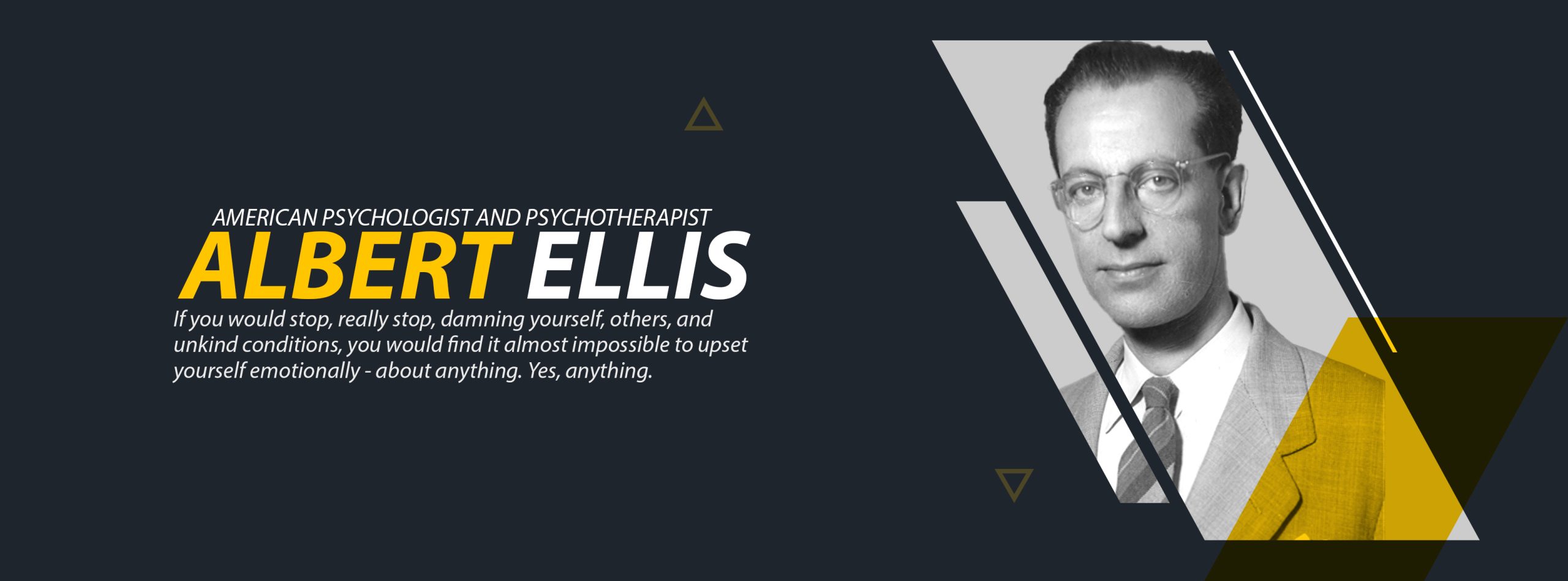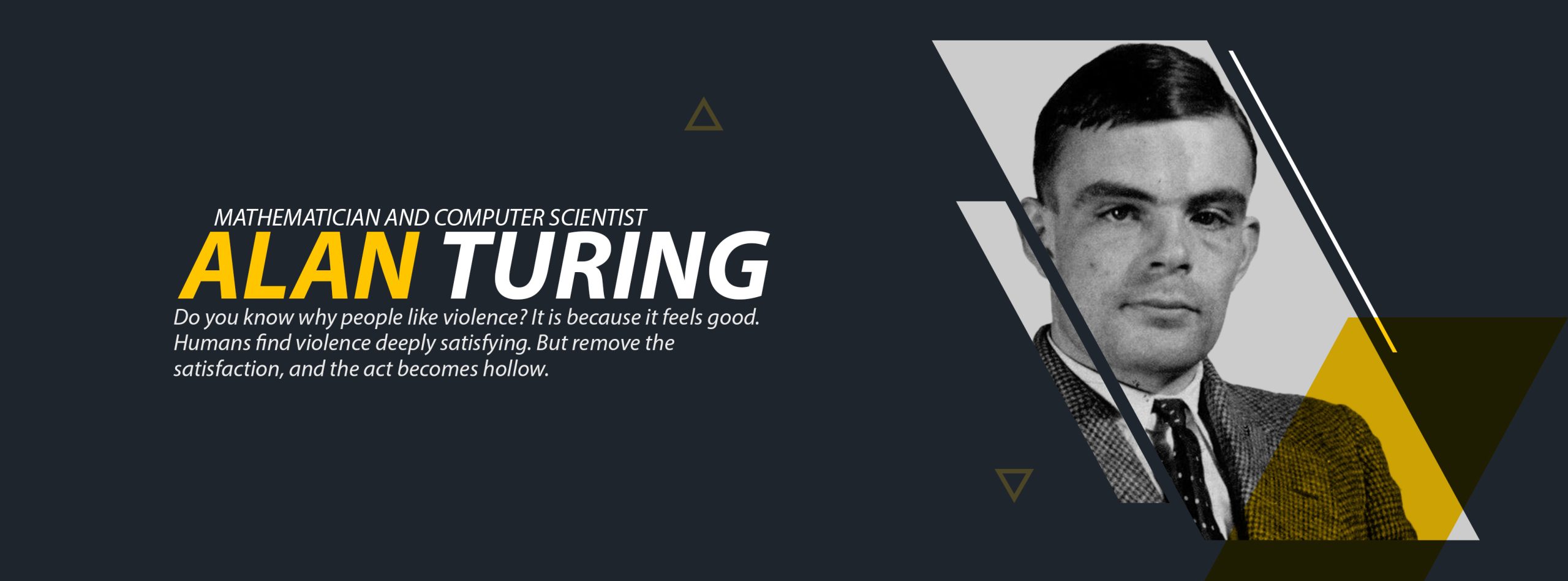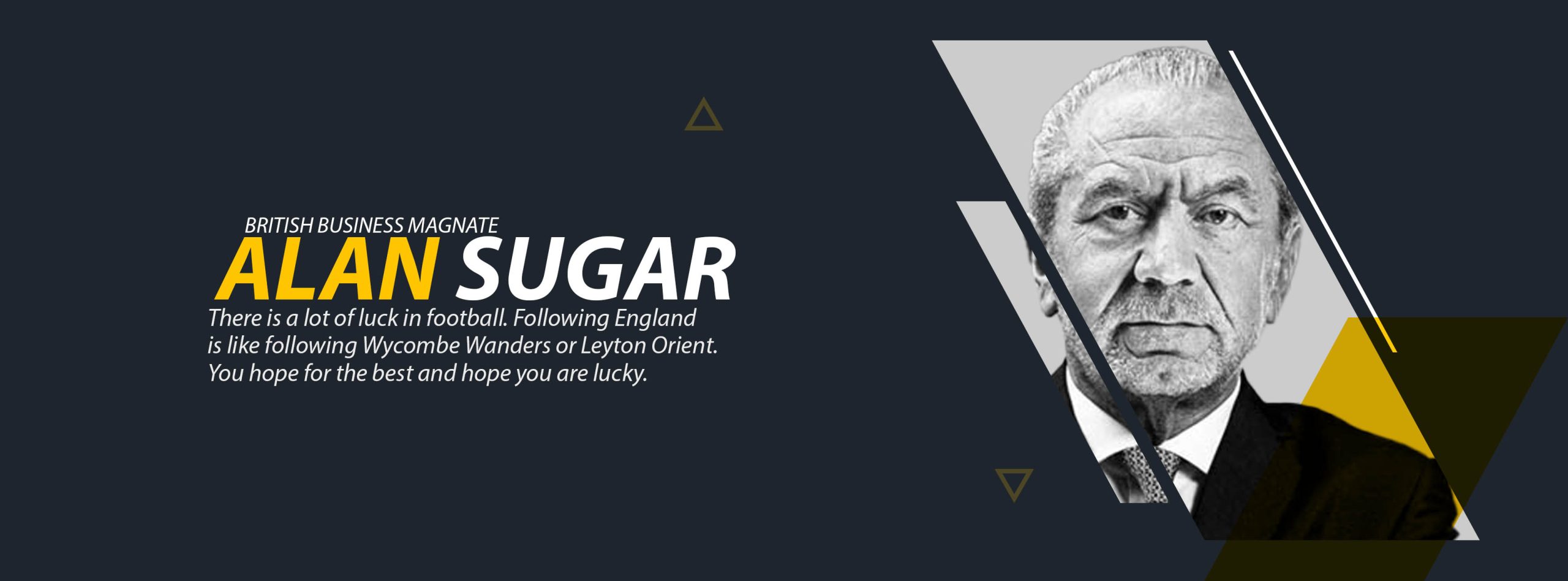Top 10 most inspiring quotes by Aleister Crowley
- One would go mad if one took the Bible seriously; but to take it seriously one must be already mad.
- May the New Year bring you courage to break your resolutions early! My own plan is to swear off every kind of virtue, so that I triumph even when I fall!
- I slept with faith and found a corpse in my arms on awakening; I drank and danced all night with doubt and found her a virgin in the morning.
- The sin which is unpardonable is knowingly and wilfully to reject truth, to fear knowledge lest that knowledge pander not to thy prejudices.
- Science is always discovering odd scraps of magical wisdom and making a tremendous fuss about its cleverness.
- I hardly ever talk- words seem such a waste, and they are none of them true. No one has yet invented a language from my point of view.
- The Way of Mastery is to break all the rules—but you have to know them perfectly before you can do this; otherwise you are not in a position to transcend them.
- I’ve often thought that there isn’t any “I” at all; that we are simply the means of expression of something else; that when we think we are ourselves, we are simply the victims of a delusion.
- I was not content to believe in a personal devil and serve him, in the ordinary sense of the word. I wanted to get hold of him personally and become his chief of staff.
- It is the mark of the mind untrained to take its own processes as valid for all men, and its own judgments for absolute truth.
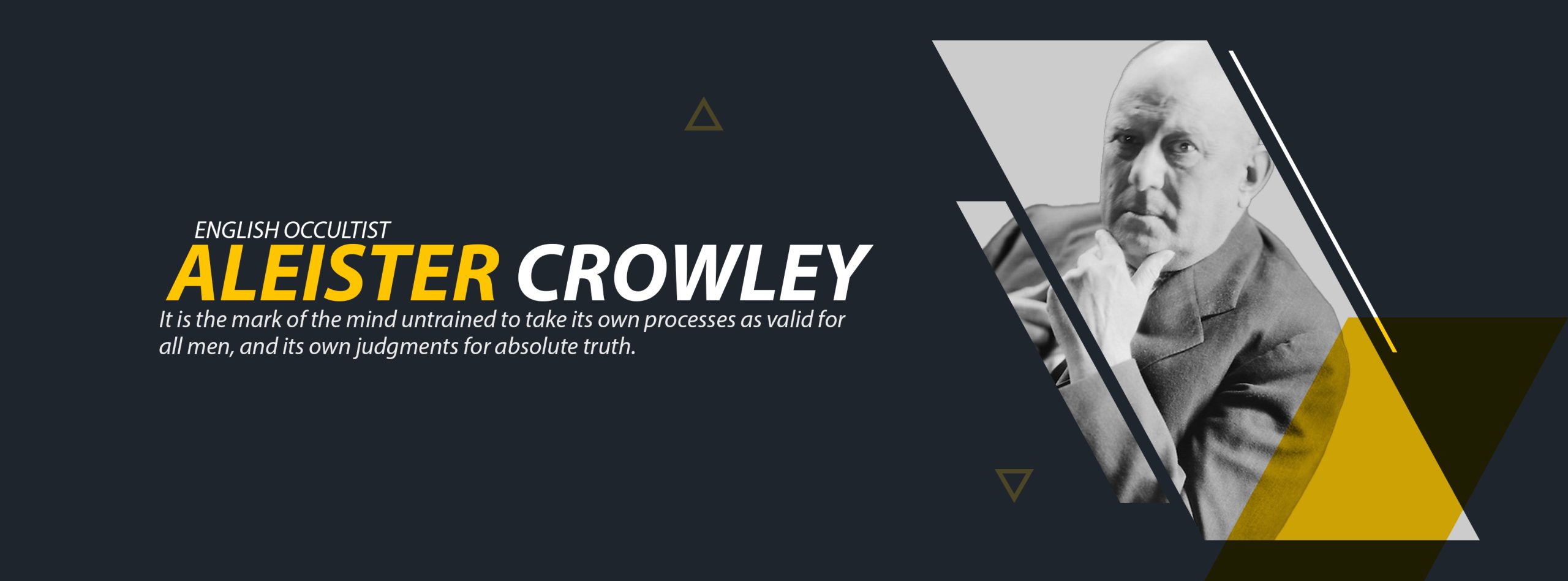
Aleister Crowley (1875–1947) was a British occultist, writer, and ceremonial magician who left an indelible mark on the esoteric and spiritual landscape of the 20th century. Born into a wealthy family, Crowley rebelled against his strict religious upbringing and sought spiritual exploration.
He joined the Hermetic Order of the Golden Dawn, but his unconventional methods and clashes with its leadership led to his expulsion. Crowley then founded his own mystical order, the A∴A∴, and later, the religion of Thelema, based on his philosophical work, “The Book of the Law.”
An accomplished mountaineer and poet, Crowley authored numerous works on magic, mysticism, and philosophy, including “The Equinox” and “Magick in Theory and Practice.” His libertine lifestyle and provocative beliefs earned him both admiration and controversy. Often dubbed “The Great Beast 666,” Crowley’s influence extended beyond his death, with followers and critics alike acknowledging his impact on modern occultism and popular culture. Despite his notoriety, his complex legacy continues to inspire esoteric practitioners and scholars.
👉Listen to the best music from all over the world at www.liveonlineradio.net #Aleister_Crowley #quotes #FM #Online_radio #radio #live_online_radio #live #world_radio


